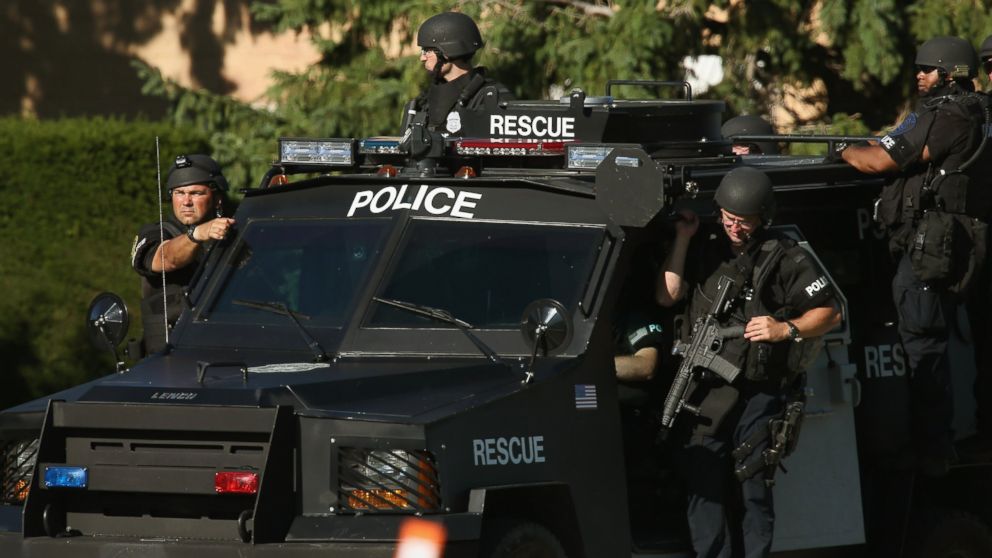Why Mass Killings May Be Contagious, New Study Examines
Study examines data on mass killings.

— -- A new study is examining whether a single mass killing can be “contagious” -- and therefore lead to other violent incidents.
Researchers from Arizona State University examined data from mass shootings and looked for “clusters” of shootings that would indicate they didn’t occur at the same time by chance.
Sherry Tower, lead author of the study and research professor in the Simon A. Levin Mathematical, Computational and Modeling Sciences Center at Arizona State University, said she was inspired to start the study after she was nearly involved in a school shooting.
"In January of 2014 I was due to have a meeting with a group of researchers at Purdue University," she said in a statement. "That morning there was a tragic campus shooting and stabbing incident that left one student dead.”
While she managed to avoid the deadly event, she remembered that there had already been three other school shootings that week.
“It seemed like an usually high number to me,” she told ABC News. “I wondered if they were coming in clusters or if it was a statistical fluke. We decided we would take a look into it.”
Tower said a model formerly used to predict aftershocks was successfully found to predict gang violence, finding that one violent incident lead to another. She said she wanted to see if the same was true for mass killings. Mass killings involve the murder of four or more people by any means.
Tower and her team decided to go through data on mass killings complied by the Brady Foundation and USA Today since there is no federal database on mass killings. They found that the probability of a mass killing or school shooting increased between 20 to 30 percent for an average of 13 days.
Towers said for every three mass killings one more was incited due to “contagion.” For school shootings, every three events appeared to incite one additional event.
Towers suggested that it's possible that the intense media attention these events could lead to other vulnerable individuals getting the idea to carry out a similar action.
"It occurred to us that mass killings and school shootings that attract attention in the national news media can potentially do the same thing, but at a larger scale," Towers said in a statement.
Ervin Straub, psychology professor and founding director of doctorate program in Psychology of Peace and Violence at University of Massachusetts Amherst, said he wasn’t surprised by the study’s finding.
“I think the idea that one can do this comes up in people’s [consciousness,]” Straub said of those who might be inspired to commit similar violence. “That motivation might be activated by the example of others.”
He said in past cases certain violent acts were nonexistent until someone made the first move.
“We know for example when the first airplane was hijacked…a wave of hijacking happened,” said Straub. “There was a curve that showed it started from nowhere and it went up and up."




